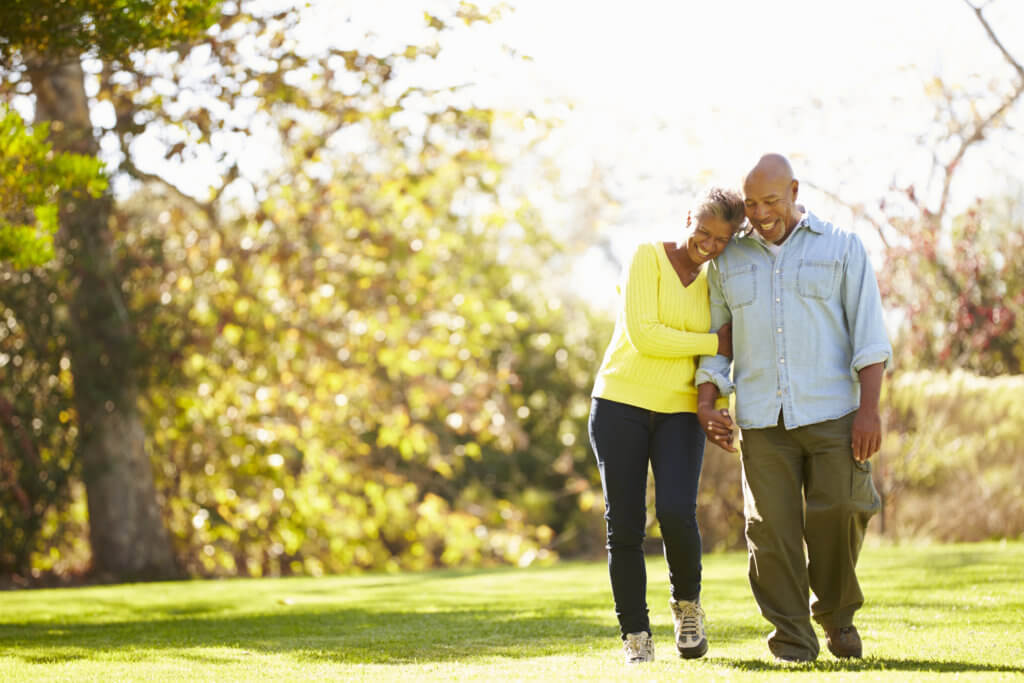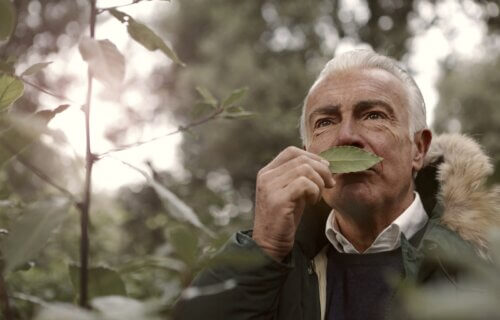UNIVERSITY PARK, Pa. — It’s no scientific secret that spending time outside is good for the body and mind. Dating back as far as the 1860s, city planners have been saying as much — but how can society maximize the benefits that nature offers today? In an effort to find out, researchers from Penn State, National Open University, and Lunghwa University of Science and Technology in Taiwan, looked at the attitudes, beliefs, and actions of a group of older adults (ages 65+) who habitually spend time in nature. All in all, the research team finds that building social connections around nature-based activities displays a connection to improved health and quality of life among older individuals.
The Japanese term shinrin-yoku translates to “forest bathing,” and it describes spending time in nature while engaging all of one’s senses. So, tasting the air, smelling a forest, listening to a stream, and just generally being present for whatever else you may experience.
Many older individuals and elders find it tough to hike quickly over difficult trails. For these groups, forest bathing may represent an enjoyable and safe way to still spend time around nature. Study authors add that forest bathing is quite popular in Japan, China, and Taiwan, and is even picking up steam in the United States.
The research team analyzed older visitors to the Xitou Education Area, a natural preserve in Taiwan. More specifically, between April and June of 2022, they surveyed a total of 292 visitors, all of whom were both older than 65 years-old and usually visited the park at least once a week. The team asked visitors various questions, ranging from whether they felt supported by others or how much they thought about their futures, to how much purpose they felt their lives had.
The investigation led researchers to conclude that people who discussed their experiences in nature with others usually enjoyed an even greater sense of attachment to forest bathing and a stronger sense of purpose in life.

Prior research supports the conclusion that such factors are related to better physical and mental health and higher quality of life. This work, hopefully, will help guide leisure-service providers working across various settings such as community recreation departments and retirement villages when it comes time to put together new nature or leisure activities for elders.
“Elders can access community and state parks where it is safe for them to spend time in nature: places with walkable paths and convenient, accessible parking, are helpful,” says study co-author John Dattilo, professor of recreation, park and tourism management at Penn State, in a university release.
The researchers adds that agencies can publicize these opportunities and help identify the value they offer to elders and others.
“Better yet, leisure-service providers could arrange transportation and then afterwards facilitate social interactions among participants,” Dattilo continues. “Enabling people to get out into nature to experience their surroundings is one aspect of forest bathing. Part of what we found is the linkage between positive social relationships and spending time in nature. So, if leisure-service providers create opportunities for elders to return from an experience, meet over a warm beverage and talk about their experiences, there will be value in these connections for people’s sense of purpose.”
A stronger sense of purpose is linked to improved physical functioning, higher quality of life, and lower fear of death, according to Liang-Chih Chang, professor of living sciences at National Open University in New Taipei City, Taiwan. Forest bathing can make a real difference for people, he explains, because it can help foster that sense of purpose.
“Forest bathing seems to connect people to the moment and the world,” Prof. Chang notes. “When elders use that same experience to develop social connections and support, they may experience a broad range of benefits associated with physiological functioning as well as cognitive health. These are associations, not cause and effect, but the potential consequences are exciting to consider.”
“We have conducted research on square dancing and karaoke, both of which are common activities for elders in Asia,” Prof. Dattilo concludes. “Forest bathing, is unique in that it is closely tied to hiking, strolling or sitting in nature in which many elders engage across the globe. If leisure-service providers facilitate exposure to nature and help participants build a sense of community around those experiences, then elders could live, not only healthier, but richer and more meaningful lives.”
The study is published in the journal Leisure Sciences.

